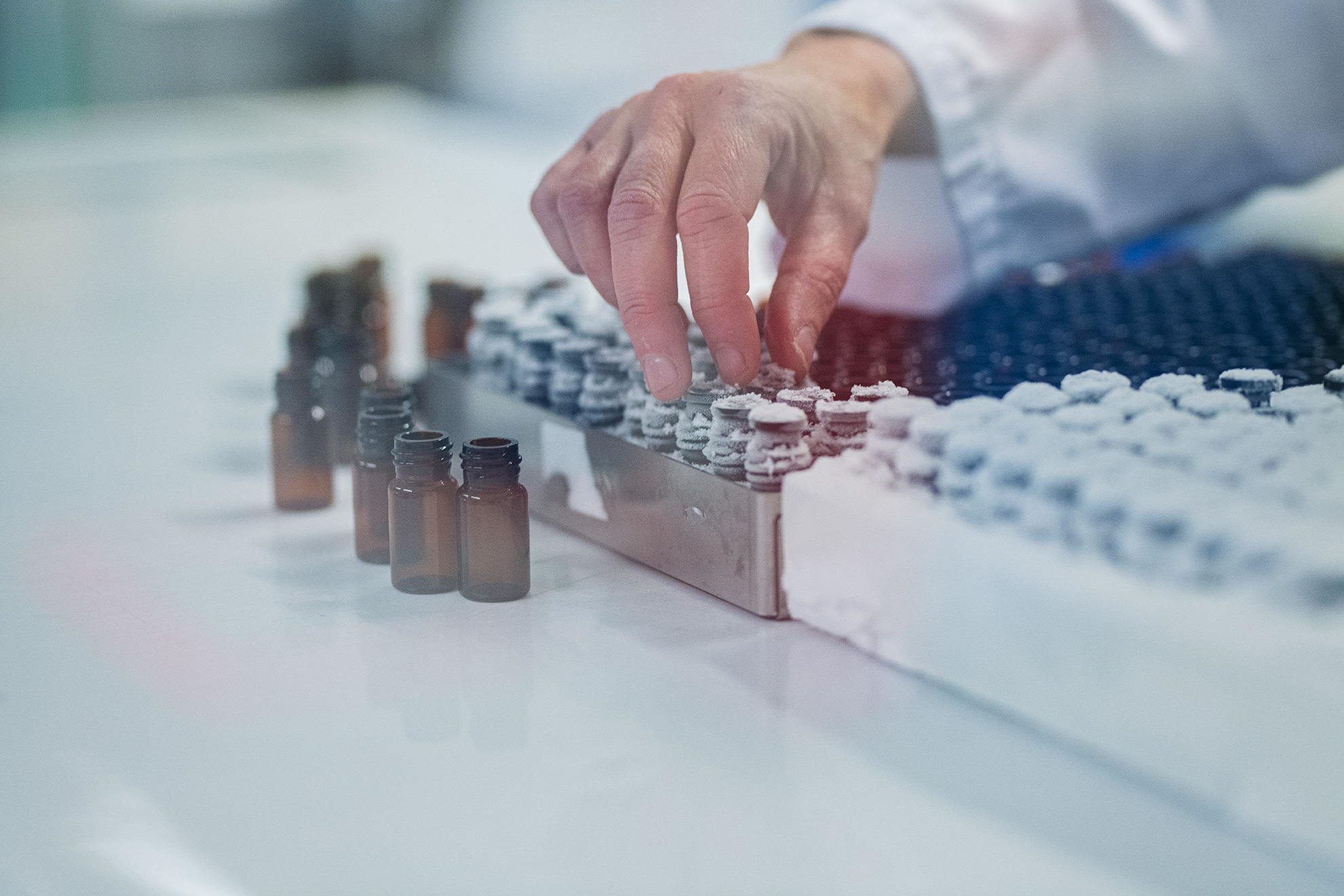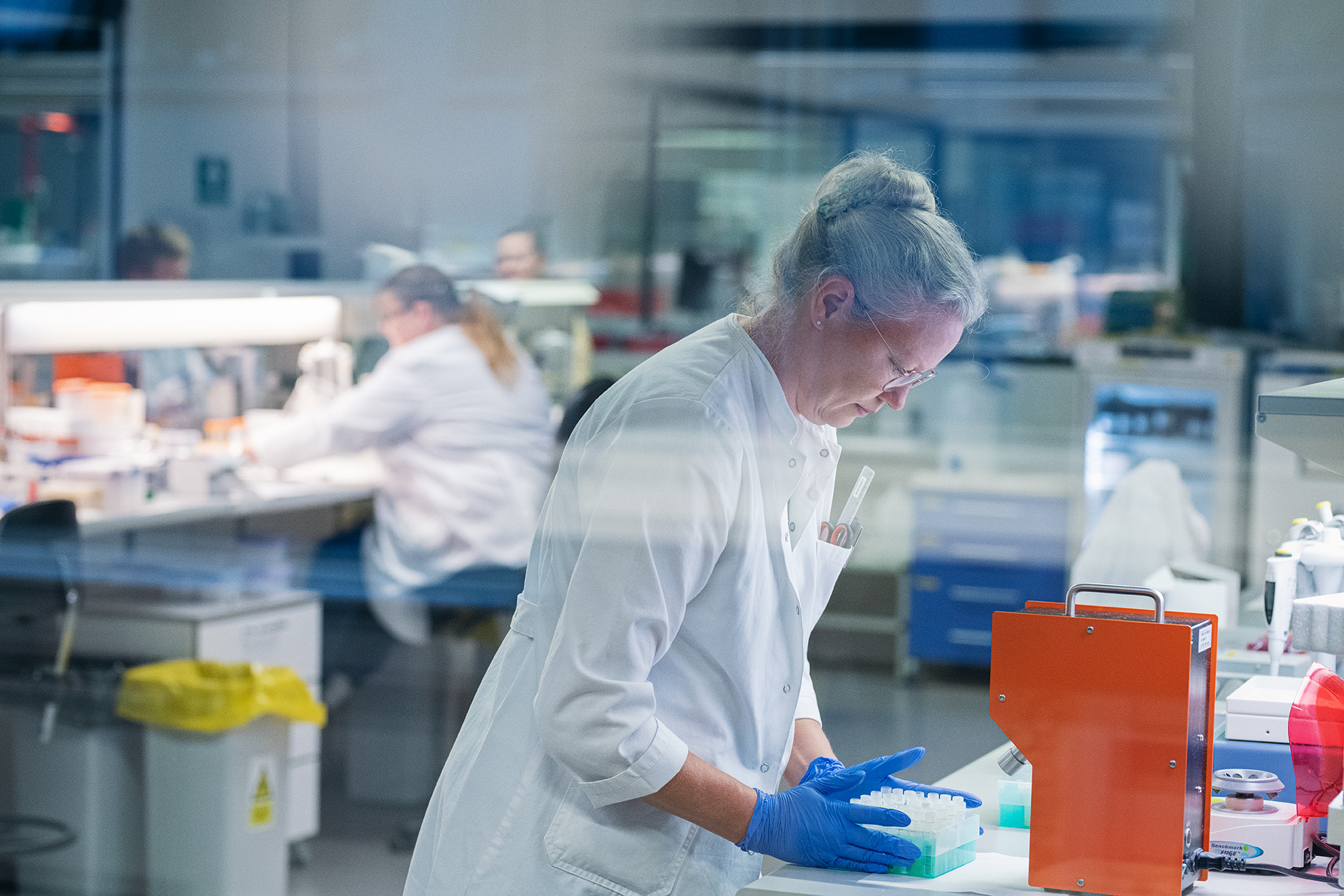Pro-C5, a marker of true type V collagen formation and fibrillation, correlates with portal hypertension in patients with alcoholic cirrhosis.
Abstract
BACKGROUND AND AIMS
The hepatic venous pressure gradient (HVPG) is an important but invasive diagnostic and prognostic marker in cirrhotic patients. The aim of the study was to evaluate a novel biochemical plasma marker of true type V collagen formation (Pro-C5) for describing HVPG.
METHODS
Ninety-four patients mainly with alcoholic cirrhosis and fourteen liver-healthy controls were included in a retrospective study. Relevant clinical and routine laboratory data and hemodynamics were determined. Plasma Pro-C5 was correlated to HVPG and liver function parameters. Furthermore, Pro-C5 was combined in a linear regression model.
RESULTS
Plasma Pro-C5 correlated to HVPG, indocyanine green clearance, sustained vascular resistance and mean arterial pressure (r = -0.68-0.33, p < 0.0001). A multiple regression analysis including Pro-C5, alanine aminotransferase, bilirubin and model for end-stage liver disease (MELD) improved the correlation to HVPG (r = 0.74, p < 0.0001). Plasma Pro-C5 was positively or negatively correlated to a number of routine liver function markers and MELD score (r = 0.27-0.68; p < 0.05-0.0001). Furthermore, plasma Pro-C5 could clearly separate patients with a HVPG <10 mmHg or HVPG ≥10 mmHg (p < 0.001, area under the curve (AUC) = 0.73), HVPG 10-<16 mmHg or HVPG ≥16 mmHg (p < 0.001, AUC = 0.68) and controls from diseased patients (p < 0.0001, AUC = 0.88). Finally, there was a clear relation to increasing Child score A-C and plasma Pro-C5 (ANOVA p < 0.001).
CONCLUSION
Plasma Pro-C5 reflects liver hemodynamics, liver function, disease stage and clinically significant portal hypertension (PH). A multimarker model in combination with clinical scores predicted HVPG and separated clinical relevant HVPG thresholds. Plasma Pro-C5 may be suitable for the noninvasive evaluation of PH in patients with cirrhosis.



